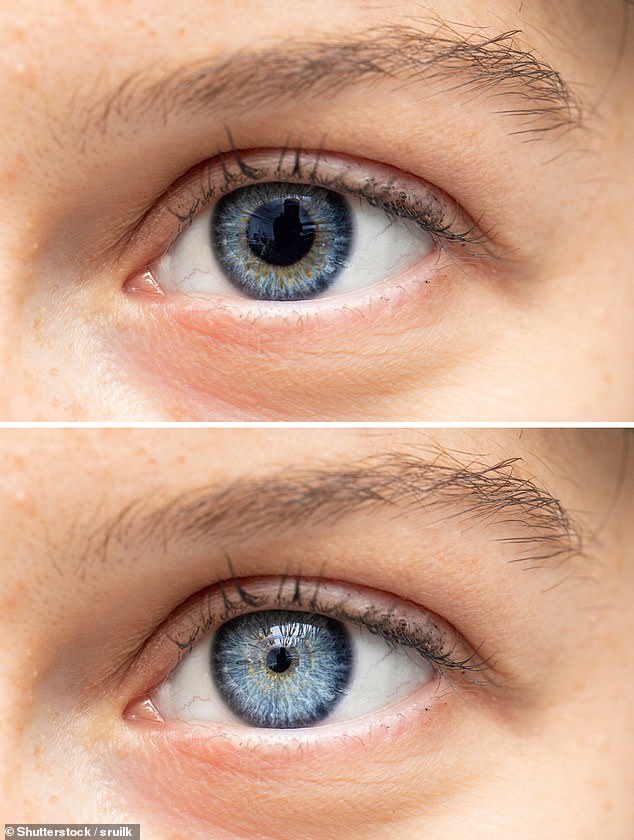Study
Study Finds Individuals From Lower-Income Backgrounds Perceived as More Trustworthy Than Wealthier Counterparts
People from poor backgrounds are perceived as more trustworthy than those raised wealthy, according to a University of British Columbia study. Researchers used trust games with fictional profiles to analyze how socioeconomic status influences perceptions. Participants consistently viewed individuals who grew up in lower-class households as more moral and reliable, even if their current financial […]
Need Only 3 Hours of Sleep? Study Links Trait to Genetic ‘Short Sleeper Syndrome’
The Genetic Secret of "Short Sleepers" Who Thrive on Just 3 Hours of Sleep [Image: A person looking alert and energetic after minimal sleep] We’re often told that seven hours of sleep is essential for health, but a groundbreaking study reveals some people—dubbed "short sleepers"—function brilliantly on as little as three nightly hours. These individuals […]
Study Confirms ‘Bad Boy’ Allure: Psychopathic Traits Heighten Men’s Attractiveness to Women
Why Hollywood’s Charming Psychopaths Might Be More Realistic Than You Think (Image: Christian Bale as Patrick Bateman in American Psycho and Heath Ledger as the Joker in The Dark Knight – handsome actors often play psychopaths.) A new study reveals that psychopathic characters, often portrayed by strikingly attractive actors like Christian Bale and Heath Ledger, […]
Study Reveals Unexpected Kitchen Chore Linked to Higher Dementia Risk
Scientists Warn: Dishwashing Plastic Releases Harmful Microplastics Linked to Dementia, Cancer, and More Placing plastic items like plates, bowls, cups, and cutlery in the dishwasher may raise the risk of dementia, scientists warn. Research reveals that mechanical dishwashing releases toxic microplastics—particles small enough to breach the blood-brain barrier—that contaminate nearby utensils and pose health risks. […]
Harvard Study Breakthrough: Common, Low-Cost Supplement Found to Reverse Aging
Could a Daily Vitamin D Supplement Slow Aging? New Study Suggests Potential Benefits A groundbreaking study by Harvard-affiliated researchers suggests that taking a daily vitamin D supplement might slow aging. Over four years, participants who took vitamin D3 (2,000 IU daily) showed less DNA damage—equivalent to reversing nearly three years of aging compared to those […]
Everyday Road Behavior Exposes Hidden Narcissistic Traits: Study Finds
Your Driving Habits Might Reveal Narcissistic Traits, Study Suggests [Insert image: Driver checking mirror] Caption: Narcissistic tendencies may show up in driving behaviors, according to new research (Stock Image). If you want to spot a narcissist, skip the mirror-checking clichés and observe how they drive. A study by Scrap Car Comparison surveyed 2,000 UK motorists […]
Study Reveals Surprising Factors Accelerating Aging in Specific U.S. States
Southern Summers May Speed Up Aging, New Study Warns Every year, thousands of Americans—especially retirees—flock to Southern states like Florida, Texas, and Arizona for warm winters and sunny skies. But a recent study suggests that prolonged heat exposure in these regions could accelerate biological aging, potentially shortening lifespans despite the appeal of a relaxed lifestyle. […]
Study Reveals Robert Prevost as Key Figure in Papal Conclave Dynamics
Catholics Worldwide Celebrate Election of Pope Leo XIV [IMAGE: Pope Leo XIV waves from St. Peter’s Basilica balcony, May 8, 2025] Caption: Pope Leo XIV delivers his first address from St. Peter’s Basilica. Following the death of Pope Francis, Chicago-born Cardinal Robert Prevost emerged as the 267th pontiff after a historic conclave. Now known as […]
Study Predicts Universe’s End Sooner Than Previously Estimated
The Universe’s Accelerated Countdown: New Study Predicts Earlier Cosmic End Scientists have revised the timeline for the universe’s demise, revealing it could end 1,000 times sooner than previously thought—in just 1 followed by 78 zeros (10^78) years. This stark update comes from Radboud University researchers, who incorporated Hawking radiation—a process once thought to only affect […]







